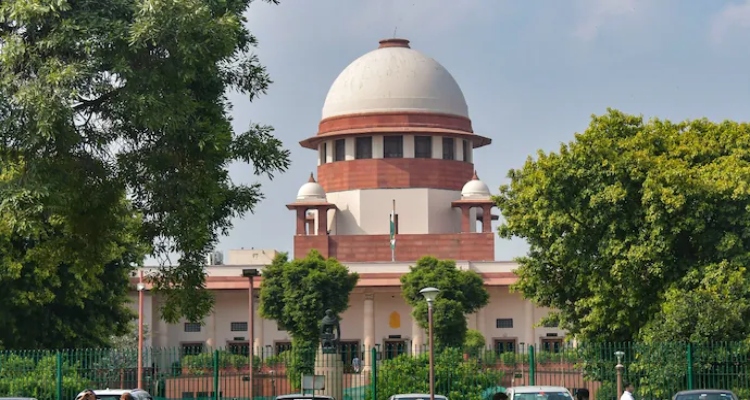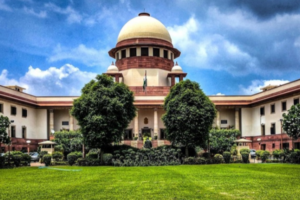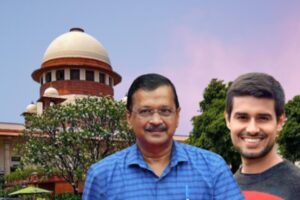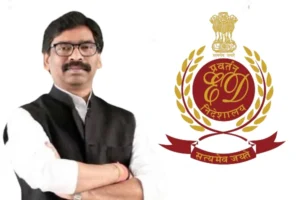
The Supreme Court sought responses from the Centre, Punjab, and Haryana governments regarding a plea to establish the minimum support price (MSP), including periodic increases, for alternative crops cultivated by farmers and the government’s procurement of these crops.
The Bench
A bench comprising Justices Abhay S Oka and Ujjal Bhuyan has issued notices to the Centre, Punjab, and Haryana states, pollution control boards, agricultural universities, and Indian Council of Agricultural Research. (ICAR), instructing them to submit their responses. The bench has scheduled the matter for a hearing in the second week of July.
Who Filed the Petition?
The petition, filed by advocate Charanpal Singh Bagri, seeks to set the minimum support price for “alternative crops” higher than the MSP for paddy. Bagri highlighted the challenges faced by farmers in Punjab and Haryana, who feel compelled to cultivate wheat and paddy due to their MSP and government procurement, despite the adverse effects such as groundwater depletion, pollution from stubble burning, and financial strain on the states due to excess paddy storage.
Bagri emphasized the need for farmers to be provided with new crop options suitable for their geographical location and soil quality, with MSPs set accordingly for each crop. Additionally, the petition suggests that agricultural universities should introduce new varieties of seeds for pulses and other crops, imported from foreign countries.
Furthermore, Bagri proposed that MSPs should be set at higher rates, with a requirement for farmers to use limited prescribed quantities of pesticides to promote organic crop production. The absence of MSPs and government procurement exacerbates the plight of farmers, leaving them in dire circumstances and vulnerable to resorting to suicide, Bagri added.





